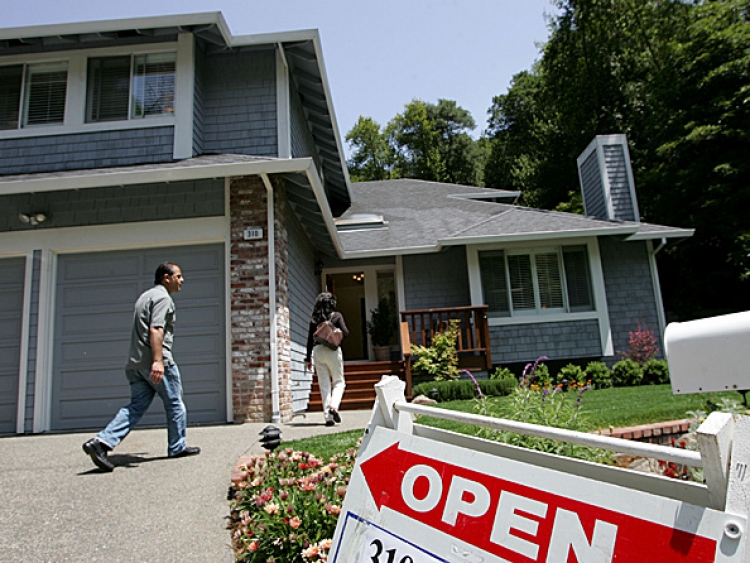It is that time of year again, when the number of homes for sale on the market grows, and like wildflowers, real estate signs spring up in yards across town… home buyers will rub their palms together in excitement.
After all, the timing is right, as most rental property leases are ending, and many of those who were renting are now in the market to buy.
Where does a first-time homebuyer seek guidance? A good, ethical real estate professional is a nice place to start.
What are the basic facts that a first homebuyer should know, and what are some good questions to ask a chosen real estate professional?
One of the first things a first time buyer should know is that in most markets, it is traditional for the real estate professional’s commission to come from the seller’s proceeds. In other words, buyers generally don’t have to pay for buyer agent representation.
Whew! This is a load off the shoulders, as a buyer is going to have to consider a down payment and other closing costs.
Just to be sure, before embarking on the buying journey, the buyer should ask the professional who pays his or her commission. Ask: “Are there any instances in which the seller would not pay a buyer agent’s commission?”
Also, buyers who plan on acquiring a home loan will want to develop a relationship with a lender early on. Ask your real estate professional for some references.
To increase the chances of having a streamlined transaction experience, it is a good idea to choose a local lender. Local lenders know the local market and the laws and requirements that apply to transactions in the area. They know and use local appraisers. Local lenders will likely be more responsive, and they offer the opportunity for a face-to-face relationship.
Buyers should ask their lender which loan programs best suit their personal needs. Discuss with the lender all of the costs associated with buying a home. Consider the down payment, and all other closing costs. What will the earnest money check (if this is included) apply towards on the day of closing?
The real estate professional should explain to the homebuyer more about earnest money, and the process it goes through. In general, earnest money is included with an offer to let the seller know the buyer is serious and will not walk away from the transaction on a whim. The earnest money is usually at least 1% of the total amount of the offering price and is held in an escrow account until the day of closing.
Buyers should obtain a pre-approval (or pre-qualification) letter from the lender. This lets buyers know what price range they are able to shop within and will help the buyers’ real estate professional in searching for properties.
In some cases, buyers may be concerned about having enough money to bring to the table the day of closing for a down payment and other closing costs. Ask the real estate professional how common it is for buyers in the local market to ask sellers to pay a portion of the buyers’ closing costs. This is one avenue the buyer may wish to pursue in order to reduce some or all of the necessary costs associated with closing.
Something else that may provide first time homebuyers mental and emotional sanctuary is the option of purchasing a home warranty. Most home warranty plans last for one year or more and offer coverage on many of the items in a home. Usually, after a home warranty is purchased, a buyer will need to pay a set fee to have covered items repaired, which can be minimal compared to the actual cost of repairs.
Home warranty programs can be very appealing when one is buying an older home, with older mechanical units.
Every market is unique. All aspects of the real estate transaction should be researched for each specific area to find out the best answers to each homebuyer’s questions. Seek out a professional. The process of buying a first home does not have to be daunting, as there is plenty of help available.







Friends Read Free